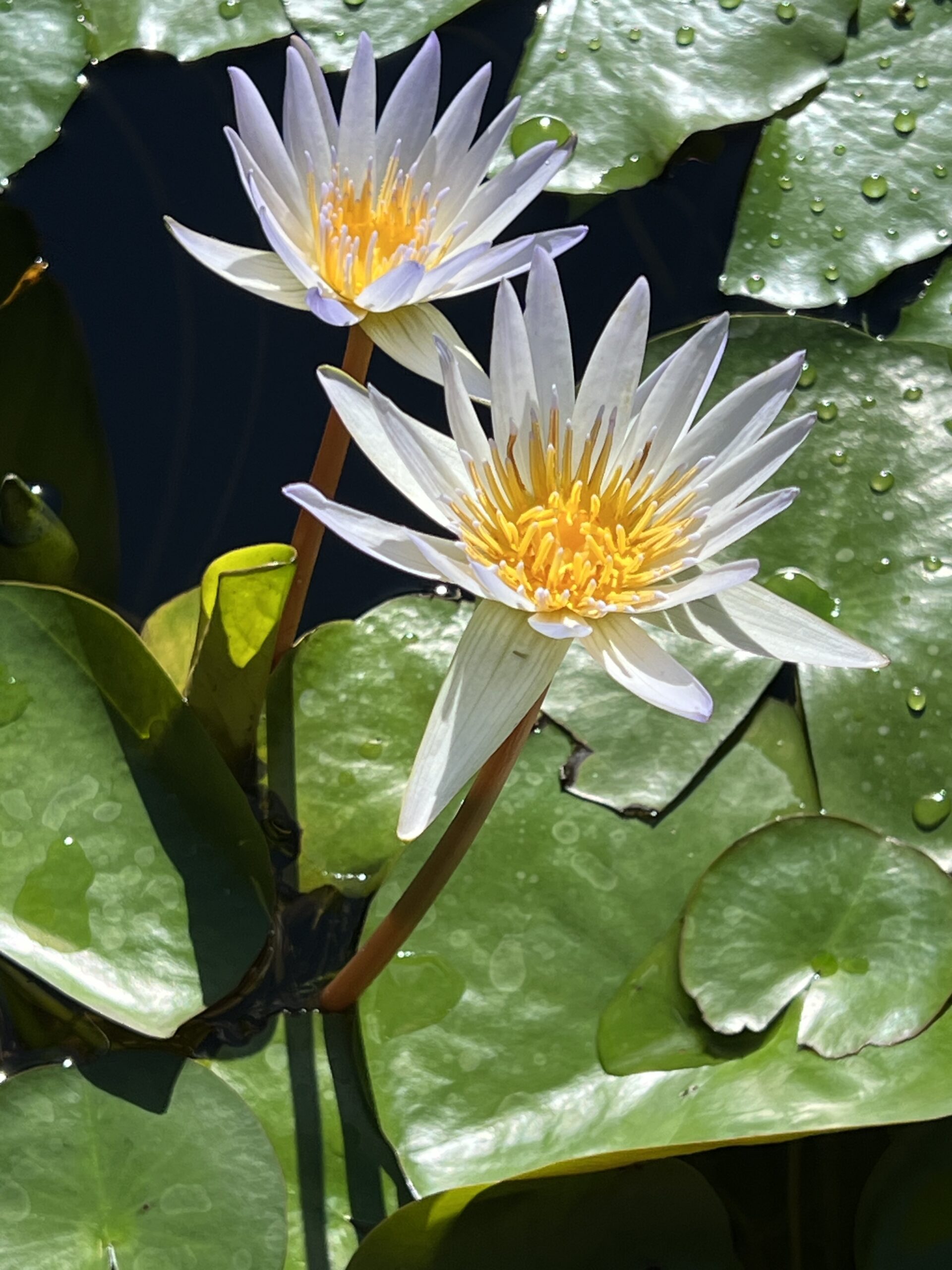“The eyes are the windows to the soul.” (ancient proverb)
There is a school of thought (that I happen to subscribe to) that places an emphasis on our five senses (six, if you include the mind) as having more influence on our conscious thoughts and actions, our reality, than one might realize. These senses are also linked to natural elements: the earth to the sense of smell; water to the sense of taste; fire to the sense of sight; air to the sense of touch; and ether to the sense of hearing. Ether (meaning something very elusive, ethereal, and yet very powerful) is also the element associated with the mind, which is described as the bridge between our physical existence and the subtle, intuitive perceptions that percolate into our awareness when the busy, day-to-day mind steps aside, say, in meditation.
That the Eastern teachings have connected the senses with the natural elements of earth, water, fire, air and ether is a reminder that we humans are an integral part of this great earthly garden, and still depend on these elements for our survival. With this awareness we become more grateful, respectful, and responsible for the terrain we call home, and for the senses that help us to navigate it.
The senses provide information that is processed in the brain in ways that are too complicated for this author to explain. Or understand, for that matter. But I do know that, as with any information system, there can be glitches in delivery. Conflicting information can effectively “jam” the system, and lead to knee-jerk reactions like “fight, flight, or withdrawal” versus considered responses. Let’s look at a culinary example: in Quebec, Canada, they make a noxious smelling cheese called Oka. Its aroma is offensive (to some) and yet it tastes sublime. My sense of smell would warn against putting such a substance in my mouth, but once tasted, Oka cheese can be appreciated as a gourmet treat. (It goes particularly well with Calvados). Whenever the mind is confronted with conflicting sense perceptions such as these, a decision has to be made: on which information should one’s actions or choices be based? Life is full of these conundrums, the eyes telling one tale, the ears, touch, tongue and/or nose telling another. What is an average bear supposed to do?
As concerns the senses, our English language is full of expressions or stories that serve as cautionary tales. We say we “smell a rat” when someone or something is behaving suspiciously. There is no overt odour, such as with our Oka cheese, but something in our psyche picks up a signal that generates a warning. Not to be ignored. Little Red Riding Hood is a familiar nursery tale that illustrates this point:
“When Little Red Riding Hood arrives at Grandma’s place, she notices that her grandmother looks very strange. Little Red then says, “What a deep voice you have!” (“The better to greet you with”, responds the wolf), “Goodness, what big eyes you have!” (“The better to see you with”, responds the wolf), “And what big ears you have!” (“The better to hear you with”, responds the wolf), and lastly, “What a big mouth you have” (“The better to eat you with!”)”…and thence ensues the demise of Little Red (or a variety of alternate, less gruesome endings that aren’t of concern to this writing).
What is of concern is how to discern what is true and real when our senses present us with inconsistent or incongruent information. Such children’s stories are a form of shorthand; a way of passing on folk wisdom from generation to generation: “looks can be deceiving” and “don’t talk to strangers”.
In simple terms, Grandma ain’t always who she appears to be!
What’s true of sight applies to the other senses as well. All of the senses play a significant role in navigating our surroundings (how could they not?), and can be equally deceptive. We are influenced by an alluring aroma (smell), a pleasant face (sight), a sonorous voice (hearing), an attractive manner of dress (taste), or a compelling handshake (touch) without assessing the degree of sincerity or integrity of these attractions.
This points to a need for keen observation, for not taking things at face value, but rather attuning ourselves to the more subtle messages that come via our hunches, our intution, and the subtle signals that our sense of smell, taste, sight, touch and hearing present when we are particularly attentive. We can cultivate our sense of sight to the level of insight. Attune our sense of hearing to the still, small voice of intuition. Discern what “rings true” vs the voices of flattery or chicanery. Our sense of touch can respond to another person’s unspoken needs and be a source of empathy, and ultimately, healing.
On this premise, the value of leading an examined life rests. If we are going to learn anything from history, it is imperative that we learn from past mistakes, individual and collective; commit to a process of tracking our footprints, accounting for our choices, and implementing changes when necessary. Otherwise we are at the mercy of passing whims or conditioned, knee-jerk reactions. As the Buddha said, we must “deliberate and analyze, and when it agrees with reason and conduces to the good of one and all, then believe it, and live up to it.” The eyes may be windows to the soul, but the devil is in the details.
(P.S. This is my fourteenth blog and it still hasn’t become a habit.)
